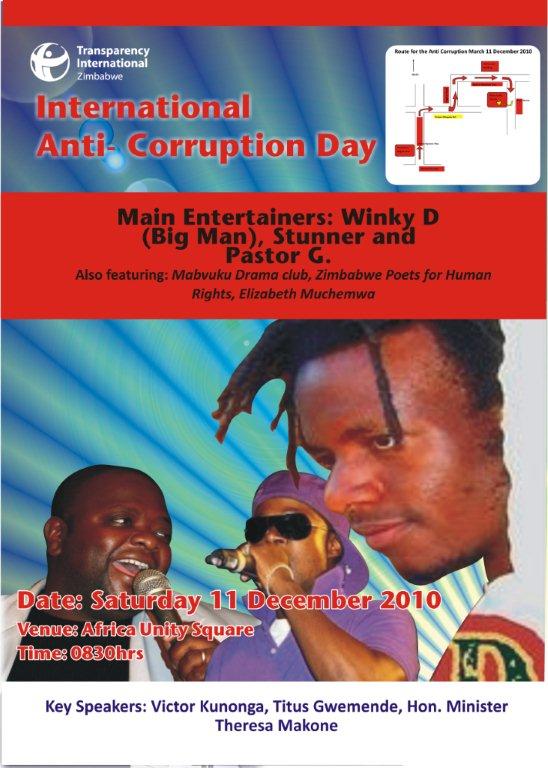Better the devil you know than the devil you don’t
Thursday, January 6th, 2011 by Upenyu Makoni-MuchemwaHow constitutional is MDC-Ts National Council’s decision to remove clause 6.1.3 from the MDCs Constitution which states that the president shall serve for a maximum of two five year terms, in order to keep Mr. Tsvangirai in his position as President?
In a series of articles published in Newsday, the Standard and the Independent, Nelson Chamisa, MDCT Spokesperson boldly proclaims “We are the apostles of constitutionalism and disciples and doyens of democracy”.
Any proclamation spoken by politicians should be treated with suspicion, particularly if it is salted with religious reference. Mr. Chamisa goes on to ignorantly defend the National Council’s decision by saying that the two terms only counted when the MDC President also became President of the country.
The MDC Constitution, available for download from their website, states in article 3 titled Aims Values And Objects:
The MDC shall be a Social Democratic Party whose core values shall be solidarity, justice, equality, liberty, freedom, transparency, humble and obedient leadership and accountability. And it goes on further to say:
(b) An open democracy, in which national government is accountable to the people through the devolution of power and decision-making to the provinces and local institutions and structures.
The same document also states that amendments to the MDC constitution are to be carried out by a two-thirds majority of the Congress, not the National Council. I’m no legal expert but the actions of the National Council don’t seem very constitutional to me.
By what standard are we to measure Mr. Tsvangirai and MDC-T itself if even they cannot uphold their own party’s constitution? How are we to believe that they won’t at the first opportunity amend a national constitution to hold onto power?
Of course the major argument proffered will be (in former US Ambassador Christopher Dells words) that Mr. Tsvangirai is the only player on the scene right now with real star quality and the ability to rally the masses. But this does not exempt him from being accountable to the people he wishes to represent. If he is to remain president and the MDC constitution is to be amended then let him state his case at the congress in front of the people, not in front of a hand picked group of cronies and yes men who’s interest lie in maintaining the little power they’ve managed to wrangle from ZANU PF.
Elections are coming and Zimbabwe is watching. Nothing Mr. Mugabe does or says surprises anyone, but Mr. Tsvangirai is quickly becoming the devil no one knows about.










